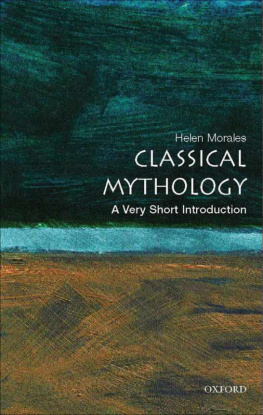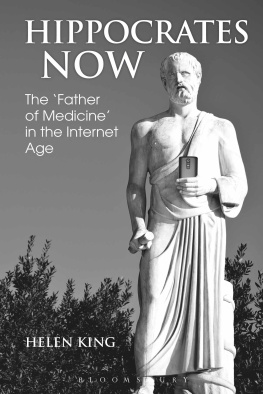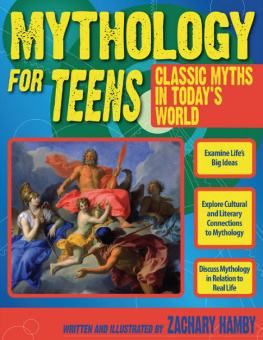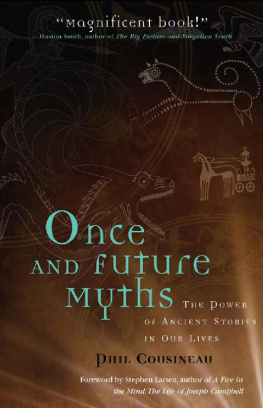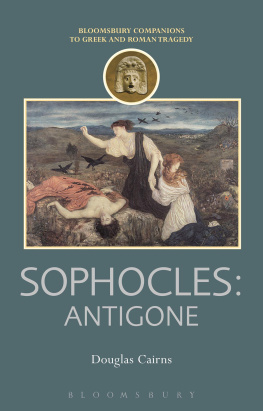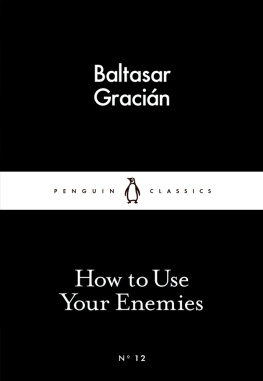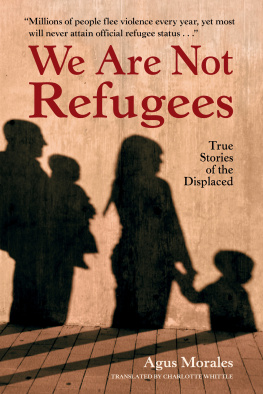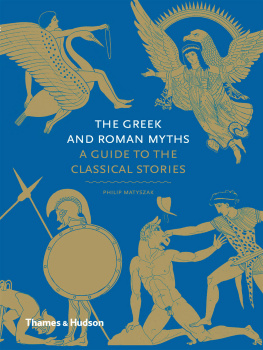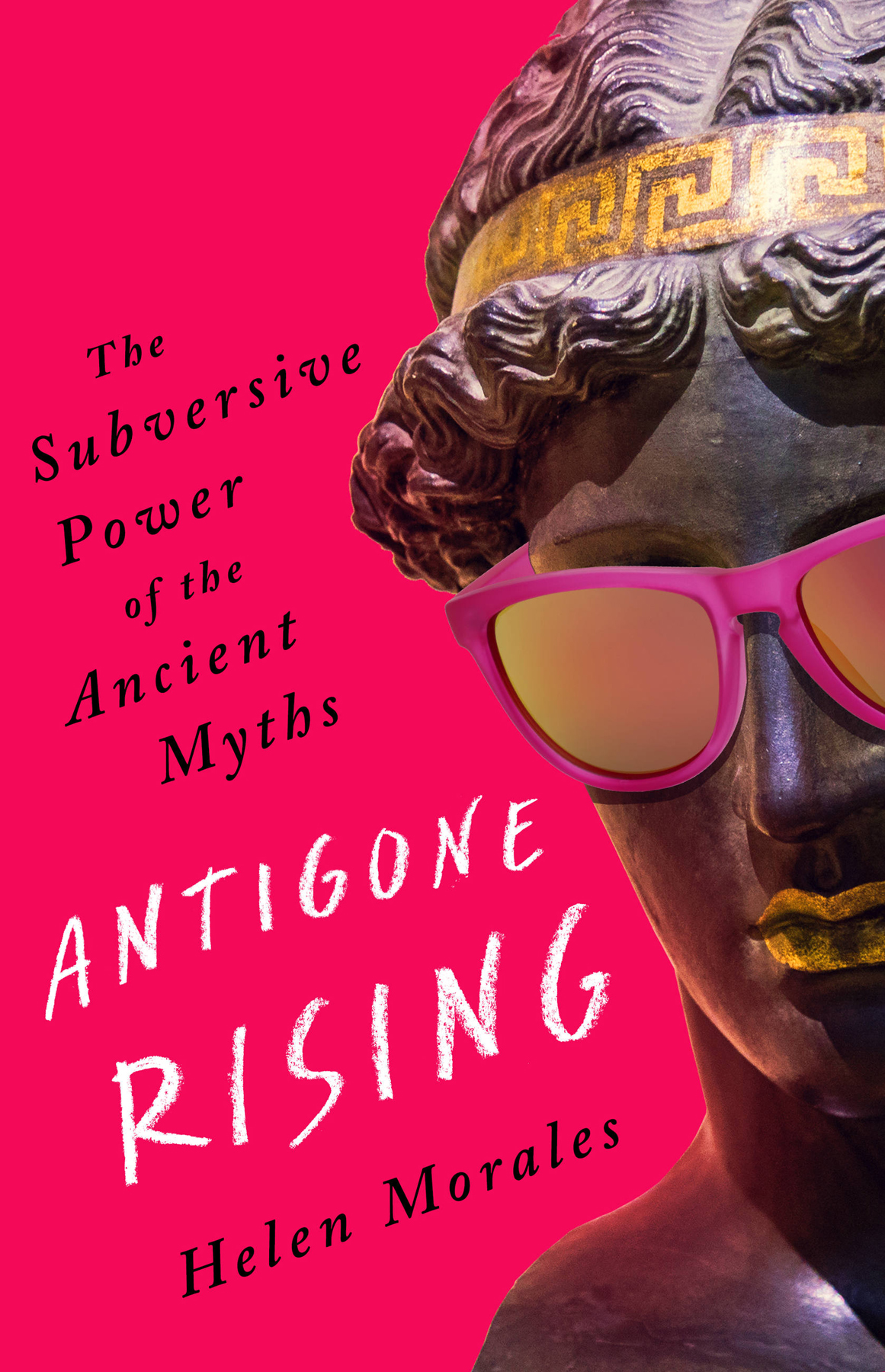Cover copyright 2020 Hachette Book Group, Inc.
Hachette Book Group supports the right to free expression and the value of copyright. The purpose of copyright is to encourage writers and artists to produce the creative works that enrich our culture.
The scanning, uploading, and distribution of this book without permission is a theft of the authors intellectual property. If you would like permission to use material from the book (other than for review purposes), please contact permissions@hbgusa.com. Thank you for your support of the authors rights.
Published by Bold Type Books, an imprint of Perseus Books, LLC, a subsidiary of Hachette Book Group, Inc. Bold Type Books is a co-publishing venture of the Type Media Center and Perseus Books.
The Hachette Speakers Bureau provides a wide range of authors for speaking events. To find out more, go to www.hachettespeakersbureau.com or call (866) 376-6591.
The publisher is not responsible for websites (or their content) that are not owned by the publisher.
Clearly the girl has a fierce spirit. She does not yet know how to submit to bad circumstances.
the old men of Thebes on Antigone in Sophocless Antigone
Some people can let things go. I cant.
G RETA T HUNBERG
W HEN I WAS A GIRL I WAS LUCKY ENOUGH TO READ A BOOK called the Tales of the Greek Heroes. I was enthralled. No one does power and rebellion and love and loathing quite like the gods and mortals of ancient mythology. I liked knowing that the eyes on the peacocks tail are there because when a beloved giant of Hera, the queen of the gods, had been killed, she plucked out his hundred eyes and placed them, in tribute, on her favorite bird. I still love the way that myths open up new ways of looking at the world.
The Greek and Roman myths have become embedded in, and an influential part of, our culture. They form the foundations and scaffolding of the beliefs that shape our politics and our lives. These can be limiting and destructive but also inspirational and liberating.
The myth of Antigone, as told by the Greek playwright Sophocles, is one of the most well known of the Greek myths and one of the most meaningful for feminism and for revolutionary politics. She has become an icon of resistance. Of pitting personal conviction against state law. Of speaking truth to power.
Antigone insists on burying her brother Polynices, who has been killed while fighting against her city, Thebes, even though her uncle Creon, who is ruler of Thebes, expressly forbids the burial and will impose the death penalty for her defiance. Antigone, just a child of thirteen or fourteen or fifteen, stands up to a powerful adult, even when her sister wont and when the citizens of Thebes are too afraid to do so. Antigone also challenges male authority, in the face of Creons insistence that women are inferior to men and that men should rule over them. She is vulnerable and terrorized, but she breaks the law anyway.
Antigone was first performed in Athens in (we think) 442 BCE . Today, it is performed all over the world; since 2016, it has been staged, with a new purpose, in Ferguson, Missouri, and in New York City. Antigone in Ferguson was conceived by
Why not just write a play about the death of Michael Brown? Why turn to Antigone to explore this tragedy? Part of the answer must be that using myth allows us to explore extreme situations without risking the crassness of dramatizing the specific events of a young mans death. This was the reason that the ancient Greeks turned to mythology as the material for their tragedies: when they had staged plays about contemporary events, it had proven too painful for the audience to watch. Greek myths also explore difficult subjects about abuses of power and human weaknesses. Being able to explore questions such as what makes good leadership and how to resist state fascism allows audiences to reflect on those issues in relation to particular, local events, at one remove.
Related to this is what the novelist Ralph Ellison called enlargement: myths enlarge people and literary characters when they overlay them with attributes and accomplishments from the figures in the ancient tales.myth, gives the reader an enhanced prism through which to understand them.
An initiative run by one of my colleagues, Michael Morgan, is a good illustration of this. The Odyssey Project teaches the myth of the return journey from war of the Greek hero Odysseus to a class of incarcerated youth and undergraduates. The students are asked to explore how episodes from the myth resonate with their own experiences. They find powerful the idea that Odysseus makes terrible mistakes that have devastating consequences for his crew but remains a hero and manages to return home, after many years. Perhaps they can be and do something similar if they see themselves as a kind of Odysseus (or Telemachus or Circethere are many possibilities). Using myth to enlarge their lives gives the students a different sense of who they are and what they can achieve.
Antigones myth does not end well for anyone, but well save that problem for the end of this book. For now, I want to dwell on the courage and endurance of Antigones character. She risks everything for a cause that she believes in and refuses to be cowed either by powerful politicians or by what anyone else thinks. The spirit of Antigone lives on in Iesha Evans, who was photographed standing firm in her flimsy summer dress while facing a wall of police officers in riot gear in a Black Lives Matter protest in Baton Rouge. It lives on in Malala Yousafzai, who campaigned for the rights of girls in Pakistan to be educated, even though it was dangerous to break the law of the Taliban (who tried, unsuccessfully, to kill her in 2012). And it lives on in the resolute opposition to climate change shown by Greta Thunberg, who, at sixteen years old, went on strike from school to protest outside the Swedish parliament: once a lone figure with a cardboard sign, now the inspiration for a global movement.
The girl against the world scenario has a glamorous appeal; we like it when the underdog triumphs. Sophocless Antigone is frequently taught in high schools in the United States, and whenever I speak about the play in local schools, the students are clearly on the side of Antigone. She is a heroine, they say, and Creon is a total fascist who deserves everything he gets.
It is unlikely that the plays original audience would have been so one-sided in their sympathies. The Greeks would likely have been more critical of Antigone, a girl who spoke and acted out of turn, even as many would have also recognized the failings of the king, Creon.
A medical text from the time called On the Diseases of Virgins


